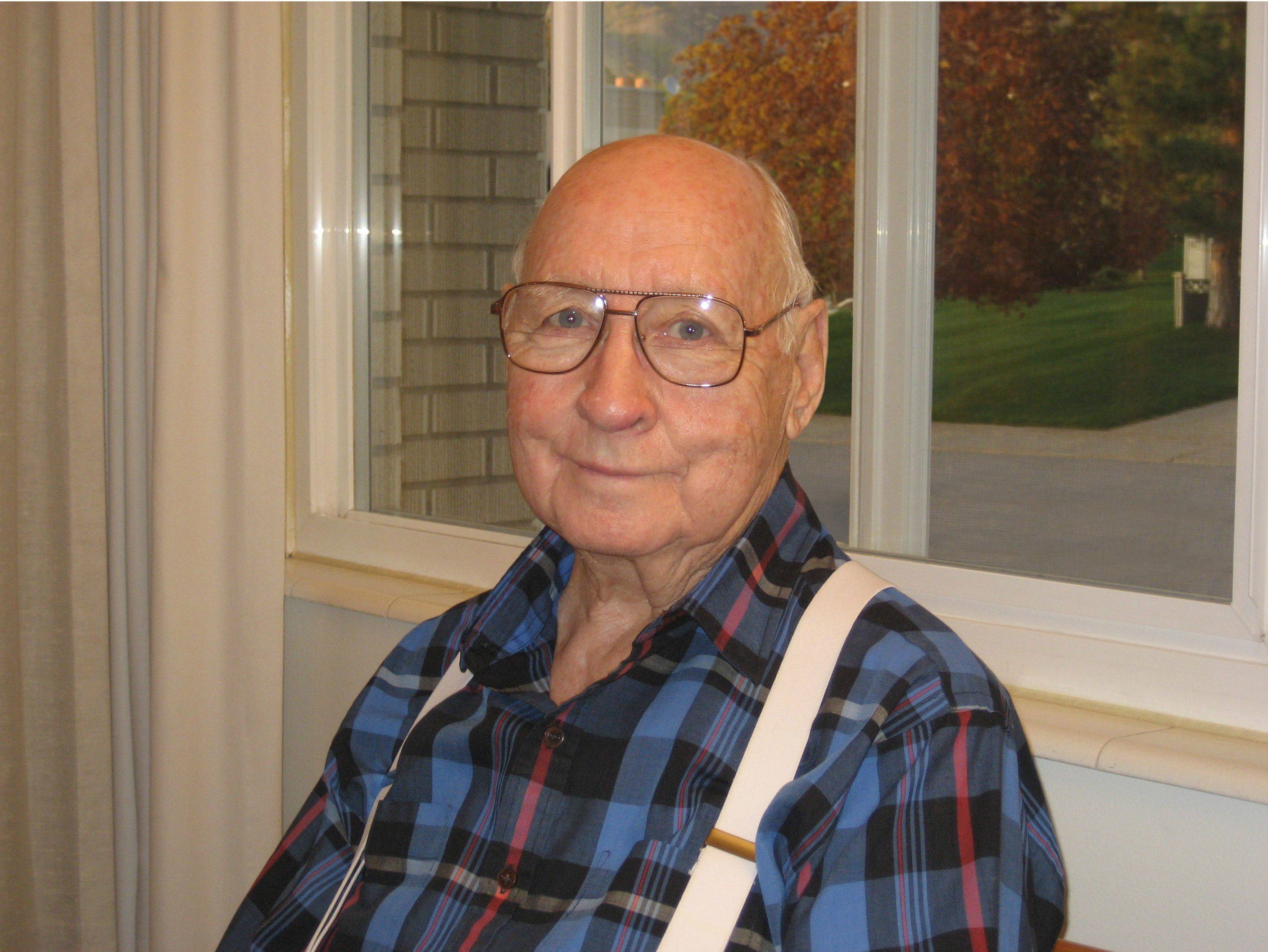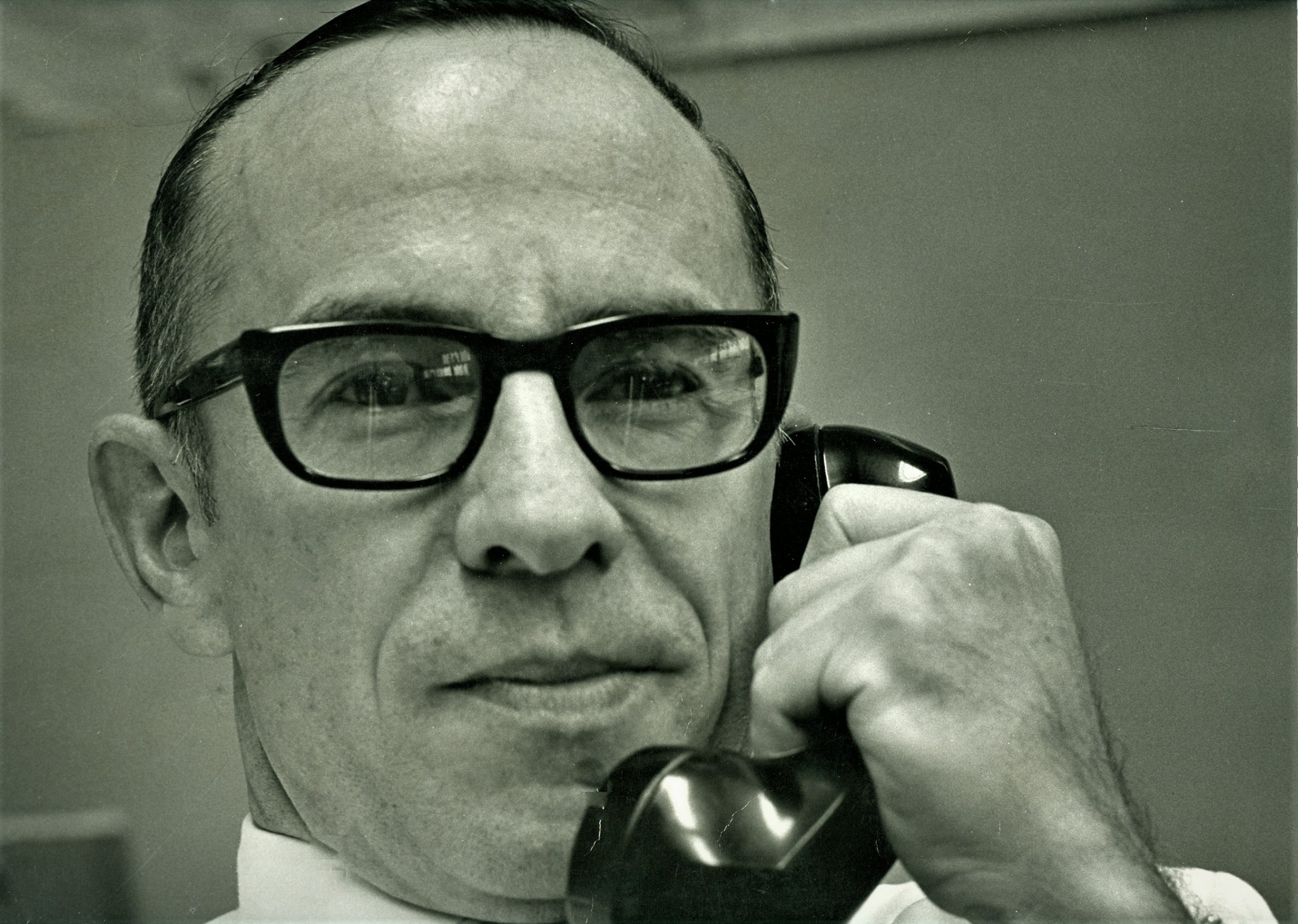Learning how to say "grandpa" in Russian can feel like a warm hug, especially if you have Russian-speaking family or simply want to connect with the culture. This isn't just about a word; it's about a feeling, a connection to family, and a way of showing respect or affection. Knowing the right terms helps you speak with native Russian speakers in a natural way, which is something many people really appreciate. It’s a small step that makes a big difference in how you communicate and relate to others, you know?
The Russian language, you see, has a lovely way of expressing family ties, and the word for "grandpa" is no exception. It's not just one single word that fits every situation. There are, actually, different ways to say it, depending on how close you are to the person or what kind of situation you find yourself in. This little bit of knowledge can truly open up new conversations and make your interactions much more genuine, that's for sure.
In this guide, we will explore the different ways to say "grandpa" in Russian, looking at both the more formal and the informal terms. We'll give you some useful tips, plenty of examples, and even touch on some slight regional differences you might hear. You'll learn the primary word, how it changes, and how people actually use it in everyday talk. So, let's get into it and help you speak Russian with a bit more confidence and warmth, pretty much.
- Alpaca Haircut Boys
- Tattoos In Triangles
- Valentines Day Quotes For Friends
- Gawain Seven Deadly Sins
- I Love Atsushi
Table of Contents
- The Main Word for Grandpa: Дедушка
- Formal and Informal Ways to Address Grandpa
- Saying Grandmother and Grandfather
- Pronunciation and Accents
- Declensions and How Words Change
- Regional Variations and Nicknames
- Learning and Practicing New Words
- Frequently Asked Questions About Grandpa in Russian
- Putting It All Together
The Main Word for Grandpa: Дедушка
When you ask "what's the Russian word for grandpa?" the most common and widely recognized answer you'll hear is "дедушка" (dedushka). This word is, in a way, the standard term. It’s what most people use, whether they are talking about their own grandfather or a grandfather figure. It carries a sense of warmth and affection, even though it's the general term. It’s a word that people learn very early on, and it brings to mind family, wisdom, and kindness, you know?
The word "дедушка" is a bit interesting because, while it ends with an "a" which often suggests a feminine noun in Russian, it is actually a masculine noun. This can sometimes confuse people who are just starting to learn the language. But it's a very common pattern for certain male nouns that are terms of endearment or family roles. So, when you use "дедушка," you're always referring to a male, a grandfather, that is.
This word is used in many different settings. You might hear a child calling their grandfather "дедушка," or an adult might refer to their own "дедушка" when telling a story. It's a foundational word for family conversations. Knowing this word well is, actually, a great first step in building your Russian vocabulary related to family, more or less.
- Partial Balayage Vs Full Balayage
- Xfinity Blue App Icon
- Wallpaper Of Shadow
- Vogue American Designer 1037 Bill Blass Sewing Pattern
- Vintage Burn Png Stencil
Formal and Informal Ways to Address Grandpa
Just like in many languages, Russian has ways to show different levels of closeness or respect. While "дедушка" is widely used and generally quite warm, there are other forms you might encounter. For instance, sometimes people might use "дед" (ded). This is a shorter, more informal version. It's often used among very close family members or when speaking about an older man in a more casual, almost colloquial way. You wouldn't typically use "дед" when first meeting someone's grandfather, for example, but it's common within a family circle, basically.
The choice between "дедушка" and "дед" often comes down to personal family tradition and how comfortable people are with each other. "Дедушка" maintains a slightly more polite or respectful tone, while "дед" is a bit more direct and familiar. It’s a subtle difference, but one that native speakers understand very well. Learning these nuances helps you sound more natural and really connect with others, in a way.
Then there's the very formal way, which often involves the first name and patronymic. For example, if a grandpa's name is Ivan and his father's name was Petrov, he might be formally addressed as "Иван Петрович" (Ivan Petrovich). This isn't specific to grandpas but is a general way to show high respect to any older person or someone in authority. It's less about the family role and more about general politeness. So, while you wouldn't call your own grandfather "Иван Петрович" unless you were being very formal or addressing him in a public setting, it's good to know this option exists for older men, too it's almost.
Saying Grandmother and Grandfather
When you learn how to say "grandpa" in Russian, it's also a good idea to learn how to say "grandmother." The word for grandmother is "бабушка" (babushka). This word, just like "дедушка," is very common and carries a similar warm, affectionate feeling. It also ends in an "a" but refers to a female, which is a bit more straightforward for learners. Knowing both "дедушка" and "бабушка" together helps you talk about grandparents as a pair, which is pretty useful.
You can often hear these two words used together, like "бабушка и дедушка" (babushka i dedushka), meaning "grandmother and grandfather." This phrase is used all the time. It's a simple way to refer to both of them without having to say each name. This pair of words forms a core part of family vocabulary in Russian, and mastering them is a big step for anyone learning the language, you know?
Just like with "дедушка," there's a more informal version of "бабушка," which is "баба" (baba). This is also very casual and used among close family, much like "дед" for grandfather. Again, the choice depends on the level of familiarity and family habits. For general use, "бабушка" is the safest and most common option, just like "дедушка" is for grandfathers, honestly.
Pronunciation and Accents
Getting the pronunciation right for "дедушка" is pretty important. The stress, or accent, falls on the first syllable: ДЕ-душка. This means you say the "ДЕ" part with more emphasis and a bit longer sound. If you put the stress on a different syllable, the word might sound a little off to a native speaker, or they might not understand you right away. So, practicing that first syllable stress is key, really.
Many online resources offer audio recordings by native Russian speakers. Using these is a fantastic way to hear how "дедушка" should sound. Listen carefully to the rhythm and the length of the sounds. Repeat it out loud many times until it feels natural. Some people find it helpful to break the word down into smaller sounds, too. For example, "de-du-shka." Then put them back together with the right stress. This kind of practice really helps your speaking sound more authentic, pretty much.
Understanding accents in Russian words, generally, is a big part of speaking clearly. Unlike some languages where stress is always on the same syllable, Russian stress can move around. For "дедушка," it's fixed, which makes it easier to remember. But it's a good habit to always pay attention to where the accent falls when learning any new Russian word, as a matter of fact.
Declensions and How Words Change
Russian words, especially nouns, change their endings depending on their role in a sentence. This is called declension. "Дедушка" is no different. While the basic form is "дедушка," its ending will shift if it's the subject of a sentence, the object, or if you're talking about something belonging to grandpa, and so on. This might seem a bit tricky at first, but it's a core part of Russian grammar, you know?
For example, if you're saying "I see grandpa," the word "дедушка" will change its ending. If you're saying "I gave it to grandpa," it will change again. These changes are predictable once you learn the patterns for different cases. Many language learning tools and guides offer tables of declensions for common words, which can be very helpful for practice. It’s something you pick up over time with exposure and use, to be honest.
The good news is that for simply saying "grandpa" or referring to him in a basic way, "дедушка" is usually enough to start. You don't need to master all the declensions right away. But knowing that words change their forms is important for when you start building more complex sentences. It’s a feature of the language that gives it a lot of flexibility and precision, actually.
Regional Variations and Nicknames
While "дедушка" is widely understood across Russia, some regions or even individual families might have slightly different ways of saying "grandpa" or using affectionate nicknames. These variations are usually subtle and won't make the word unrecognizable, but they add a nice layer of local flavor. For instance, some older, more traditional villages might use terms that are less common in big cities, more or less.
Sometimes, people create affectionate nicknames for their grandpas, much like in English. These might be based on his name, a particular trait, or just a sweet sound. These are very personal and not something you can easily learn from a dictionary. They come from the heart of a family. So, if you hear a unique term, it might just be a family's special way of calling their grandpa, kind of.
Understanding that these variations exist just adds to your appreciation of the language's richness. You don't need to memorize every single regional term. Just knowing that there's more to it than the standard words helps you be a more aware listener. It's a reminder that language is alive and always changing, and that's pretty cool, right?
Learning and Practicing New Words
Learning words like "дедушка" is much easier when you practice regularly. One good way is to use a "word of the day" approach. Pick one new word, like "дедушка," and focus on it for a day. Try to use it in your thoughts, or even say it out loud a few times. This helps it stick in your memory. Every word, really, comes with two examples and audio recorded by a native Russian speaker in many online lessons, which is very helpful.
Tools like Memrise can be incredibly useful for learning how to say "grandpa" in Russian and other real Russian phrases. These platforms often use spaced repetition and provide context, examples, and audio. They help you remember words by showing them to you at just the right time, so you don't forget them. It’s a very effective way to build your vocabulary without feeling overwhelmed, definitely.
Another great tip is to try to use the word in simple sentences. For example, "Мой дедушка" (Moy dedushka) means "My grandpa." Or "Я люблю дедушку" (Ya lyublyu dedushku) means "I love grandpa." Using words in context makes them much easier to remember and helps you understand how they fit into sentences. This practice helps you move from just knowing a word to actually using it, pretty much.
You can also find free and fast translations and declensions of all Russian words online, including the accents, examples, audio, related words, and synonyms. These resources are fantastic for quickly checking a word or seeing how it changes. They provide a lot of information in one place, making your learning process smoother. Just look for sites that give you pronunciation, translation, synonyms, examples, and definitions of "grandpa" in Russian. You can learn more about Russian vocabulary from reliable language platforms, too it's almost.
Frequently Asked Questions About Grandpa in Russian
Here are some common questions people often have when learning about "grandpa" in Russian:
Is "Дедушка" always used for grandfathers?
Yes, "дедушка" is the primary and most common word for grandfather. It's used for one's own grandfather and also as a general term for an older man who might be a grandfather figure. It carries a sense of warmth and respect, basically.
Are there different ways to say "grandpa" informally?
There is a more informal version, "дед" (ded). This is typically used among very close family members or in casual conversation. It's a bit more direct and familiar than "дедушка," you know?
How do you say "grandmother" in Russian?
The word for "grandmother" in Russian is "бабушка" (babushka). It's a very common and affectionate term, much like "дедушка" for grandfather. Knowing both words together is very useful, that's for sure.
Putting It All Together
Learning how to say "grandpa" in Russian, whether it's "дедушка" or its variations, is more than just adding a word to your vocabulary. It's about understanding a piece of Russian culture and connecting with people on a deeper level. You've seen how the main word "дедушка" works, along with its more informal counterpart "дед." We also touched on "бабушка" for grandmother, which is a very useful word to know alongside "дедушка," generally speaking.
Remember that pronunciation, especially the stress on the first syllable of "дедушка," really matters. And while Russian words change their endings, starting with the basic form is perfectly fine. The idea of regional differences and personal nicknames shows how rich the language truly is. Keep practicing, use online resources, and try to use these words in your own conversations. You can learn more about Russian family terms on our site, and this page provides additional insights into everyday Russian phrases. The more you use these words, the more natural they will feel, and the more confident you'll become when speaking Russian, you know?
- Arabella Lyrics
- White Open Door Transparent
- Beach Drinks
- Undead Koifish
- Ray Brothers Bbq Bouckville Ny


